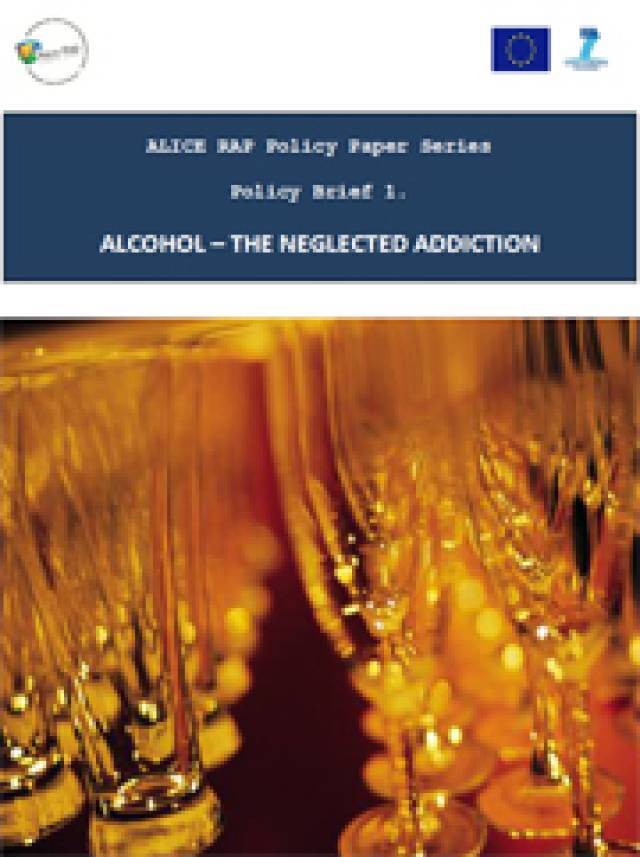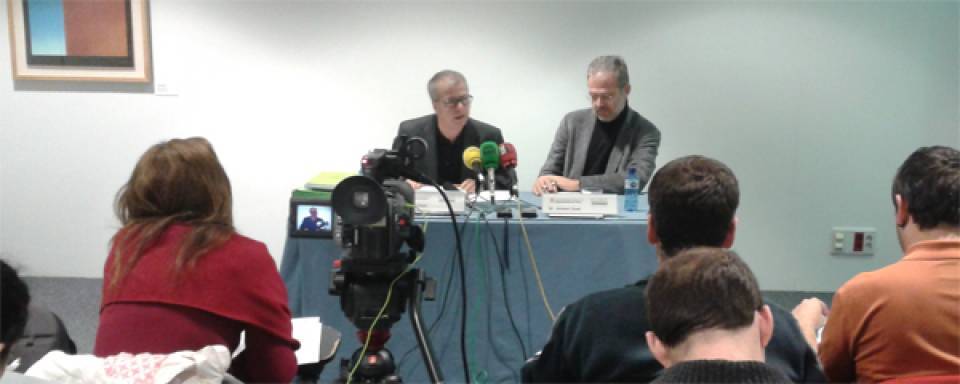
European societies are also paying in terms of lost productivity from poor work performance of individuals with alcohol problems, this is before taking into account friends and relations worried about them. These are costs that Europe could well do without in times of economic downturn. In addition, new research findings suggest that drinkers are drinking far more than they enjoy, not to mention more than their bodies can cope with. In short, Europe has a drinking problem.
However, evidence-based alcohol policy could break the negative pattern of harmful alcohol consumption and costs. Recent scientific evidence shows that certain aspects of alcohol policy can successfully help whole populations to reduce alcohol consumption, and heavy drinkers in particular, and thereby reduce the damage reaped by alcohol. Economic models indicate that these policy options are also cost-effective.
The underlying aim of ALICE RAP is to give European governments a clear and un-biased view of the most up-to-date scientific research in this area, in order to decide which arethe best policy approaches to maximise their populations’ health, wealth and happiness. The ALICE RAP policy brief, ‘Alcohol – the neglected addiction’, provides much needed scientific input to the discussion, which has long been dominated by the alcohol industry lobbyists.
According to the brief, the most effective policy approaches, and also the fairest and most targeted, are those which do nudge people towards a lower consumption of grams of alcohol by moderating price and availability and by banning alcohol advertising. The minimum unit price proposed by the UK government is supported by research which shows thatit brings about highest reductions in consumption amongst those who are most harming their health with alcohol (i.e. those who most need to cut down). Regulations on alcohol selling environments which modify availability can also encourage people to drink more moderatelyand result in better individual and population health, wealth and happiness. For example, reducing the number of outlets, the days and hours of sale, and the number of grams of alcohol in a packaged drink saves lives.
Finally, the ALICE RAP brief calls for a ban on alcohol advertising in all forms of mass media (print, broadcast and on-line).Studies show that alcohol adverts act sub-consciously to increase the amount drunk on drinking occasions, pushing people into a higher and more harmful bracket of alcohol consumption. Alcohol advertising also acts as an unfortunate trigger to relapse for an important number of people who are trying to recover from alcohol problems, and, in addition, is now being found to have an impact on young people starting to drink. All of these facts explain, to some extent, the large amounts of money put into advertising by companies, and the effort that the alcohol industry has put into lobbying such a ban.
Overall, European populations stand to reap huge benefits from science-based alcohol policy, in terms of health, wealth and well-being. And, according to the network of scientists in ALICE RAP, the time is ripe for this change.
About ALICE RAP
The ALICE RAP project (Addiction and Lifestyles in Contemporary Europe – Reframing Addictions Project) brings together a network of over 150 researchers who study many different aspects of addiction from a wide range of different disciplines. The network of scientists involved in the project includes some of the most renowned researchers in Europe from a wide variety of disciplines, ranging from biomedical fields which look at addiction, such as neurobiology, to economics, market forces, clinical services and social impact of addictive behaviour.
ALICE RAP will produce a series of policy papers with the aim of providing succinct scientific evidence briefs for decision-makers and advocates working on key addiction-related issues. The first of these briefs focuses on alcohol and was made public at the project’s general partner meeting in Newcastle.

